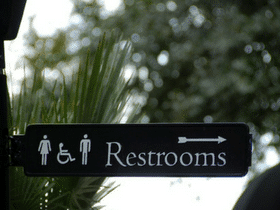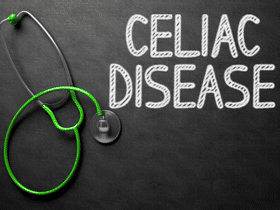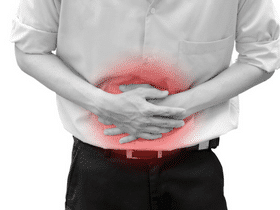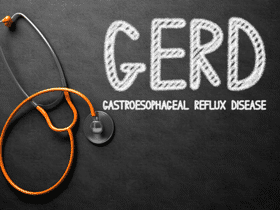The Irritable Bowel Syndrome Diet and Home Remedies to Avoid IBS Symptoms
Irritable bowel syndrome (IBS) is a chronic condition that affects the large intestine. Symptoms can include bloating, cramping, gas, abdominal pain, constipation, and diarrhea, making it an uncomfortable and unpleasant health issue. Because IBS is chronic, it needs to be managed over the long term. But unlike other disorders which affect the gut—for instance, Crohn’s






